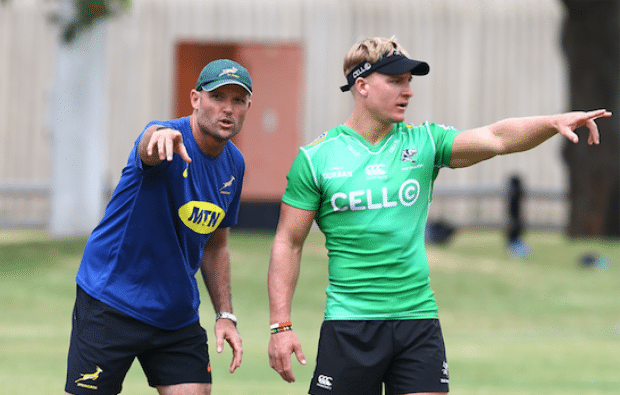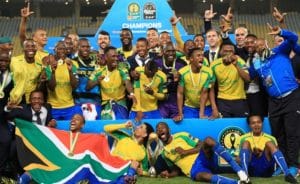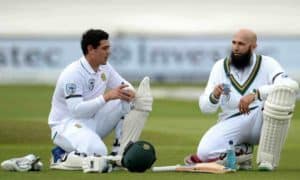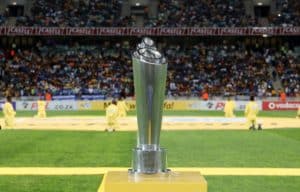South Africa’s top franchises and the Springboks must work together, writes JON CARDINELLI.
We remember Springbok coaches for their results. Kitch Christie and Jake White steered the Springboks to World Cup glory in 1995 and 2007, respectively. Nick Mallett guided the Springboks to 17 straight Test wins during his tenure – a record-equalling feat at the time. At the other end of the spectrum, the names of Carel du Plessis and Allister Coetzee will forever be associated with some of the worst-performing Bok sides in history.
Nobody is more aware of the fact than the new man in the hot seat. Shortly after being appointed as Bok coach, Rassie Erasmus made it clear that results will define his tenure. He laughed when it was suggested that a six-year contract – a stint that will include the 2019 and 2023 World Cups, as well as the 2021 British & Irish Lions series – afforded him some job security. He reminded all and sundry that a Bok coach who doesn’t produce results isn’t going to be in that position for very long.
That statement spoke volumes for the task facing Erasmus in the short term. The Springboks need to rebuild with the future in mind. At the same time, they desperately need to improve on the results produced in the 2016 and 2017 seasons and move up the World Rugby rankings.
Take a look at the world’s best teams at present and where their priorities lie. The drive to win matches and trophies has shaped the game plans of New Zealand and England, as have the long-term strategies of both national unions.
New Zealand have been the No 1 team for the past eight years. They have won two World Cups and a whopping 86% of their Tests during this period. England earned the right to be called the best side in the northern hemisphere after claiming two Six Nations titles and winning the vast majority of their games. Clearly these countries are getting a lot right at national and club levels.
In the past, there has been talk of the Boks embracing a ‘positive brand of rugby’ as well as a ‘healthy team culture’, talk that hasn’t offset a string of poor results. Indeed, there was nothing positive about Coetzee’s tenure when one remembers that his side won 11 of its 25 Tests. That 44% win record could also be seen as an indictment on the team culture.
The appointment of Erasmus should herald a change in attitude. There’s every reason to believe the Boks will lift their standards in key departments and get back to where they were in late-2015. At this point, most South African rugby fans would welcome a scenario that sees the Boks finishing 2018 with a win record closer to the traditional average of 62% and at third in the world rankings.
However, the Boks are never going to beat the best teams regularly and win major tournaments until there is an alignment between the top franchises and the national side. The local teams have to make a shift with regard to their kicking, defence and their handling skills if the national side is going to prevail against the likes of the All Blacks. The conditioning and management of players during the season have to improve if the Boks are going to be a dominant force. Coetzee, Heyneke Meyer, Peter de Villiers and White all battled to hit their transformation targets, which wasn’t surprising, given the lack of commitment to the cause at the lower levels.
Erasmus looks set to inherit this problem, with relatively few black players on show during the early stages of the 2018 Super Rugby tournament.
Not enough black forwards have been backed at Super Rugby level in recent times. Not enough of the local teams are meeting the transformation requirements. SA Rugby needs to address these issues sooner rather than later.
Greater alignment in this respect would prove a boost for transformation. Greater alignment overall would improve the Boks’ chances of reclaiming the World Rugby No 1 ranking.
Photo: Steve Haag/Gallo Images





